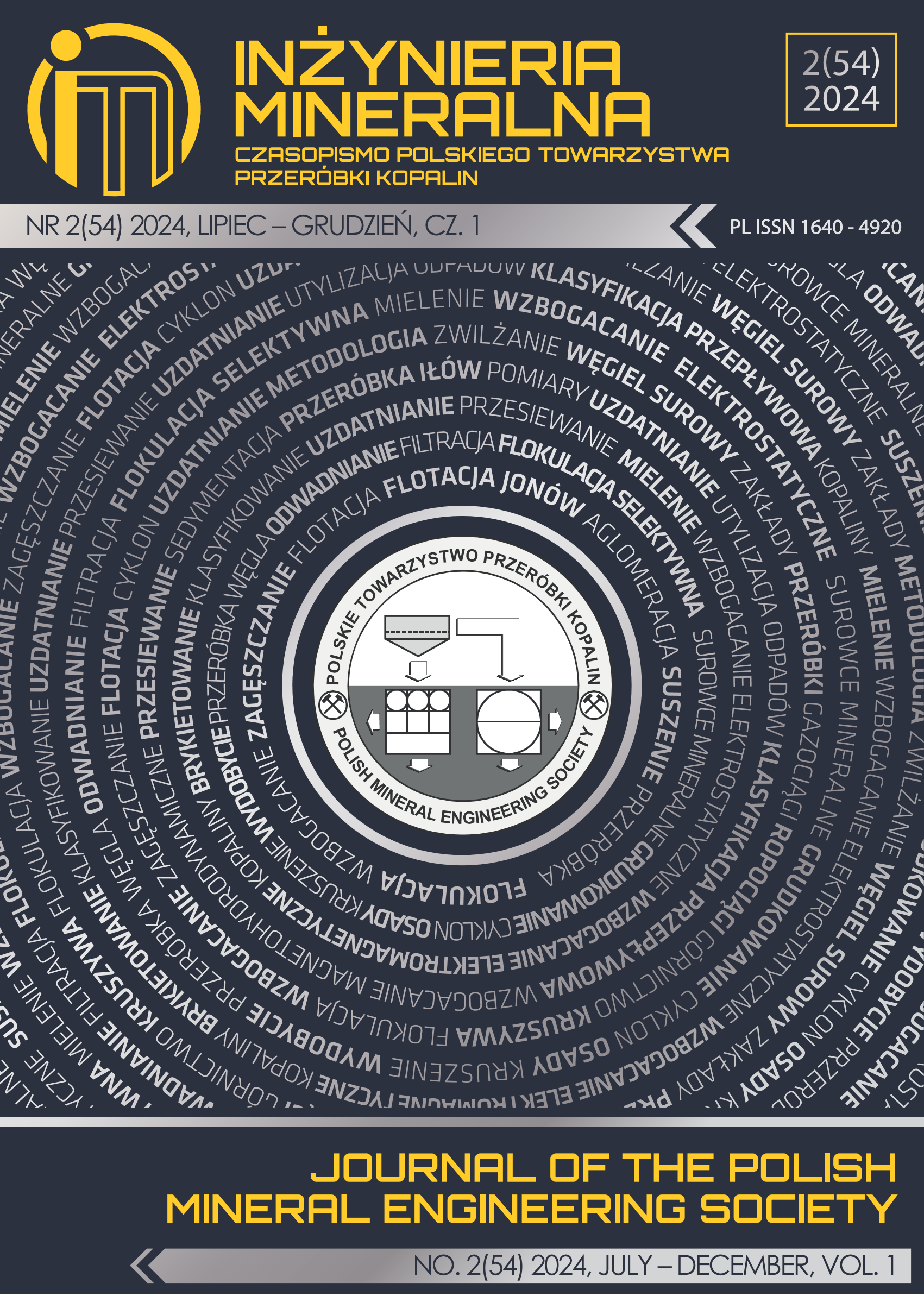Innowacyjna metoda trójwarstwowej membrany do renowacji obiektów infrastruktury wodno- kanalizacyjnych narażonych na agresywne środowisko siarczanowe
Abstrakt
"Progress in the repair and protection of water and sewage infrastructure currently focuses on the use of a modern and innovative
material in the form of polyurea, distinguished by its fast hardening properties and versatility of use, applied with a spray gun using
high-pressure pumps. The development of new building materials is part of an ongoing effort to meet stringent environmental,
health and performance standards, with polyurea offering significant improvements by eliminating solvents and volatile
compounds (VOCs). The application process includes a detailed protocol (technological regime), starting from inspection and
cleaning, through drying, to the application of three layers: a base layer to block moisture, a middle layer of rigid polyurethane to
strengthen the structure, and a final sealing and anti-corrosion layer. This method guarantees a monolithic structure without joints,
increases strength thanks to the rigid polyurethane and speeds up the repair process, allowing immediate return to service after
application. Specifically designed for use in aggressive wastewater environments, this system provides excellent corrosion
resistance, making it an ideal solution for wastewater infrastructure components such as reinforced concrete wells, sewage
pumping stations and tanks. The ability to adjust the properties of polyurea allows for personalization in terms of environmental
aggressiveness, size of the protected structure and abrasion resistance, marking a significant advance in infrastructure maintenance
technology."
Czasopismo pozostawia część majątkową praw autorskich autorowi.
Czasopismo zezwala autorom i zachęca ich do zamieszczania swoich artykułów na prywatnych stronach internetowych oraz w instytucjonalnych repozytoriach. Dotyczy to zarówno wersji przed opublikowaniem, jak i wersji po publikacji. Udostępniając swoje artykuły są zobowiązani do zamieszczenia szczegółowych informacji bibliograficznych, w szczególności (o ile to tylko możliwe) podania tytułu tego czasopisma.







.png)
